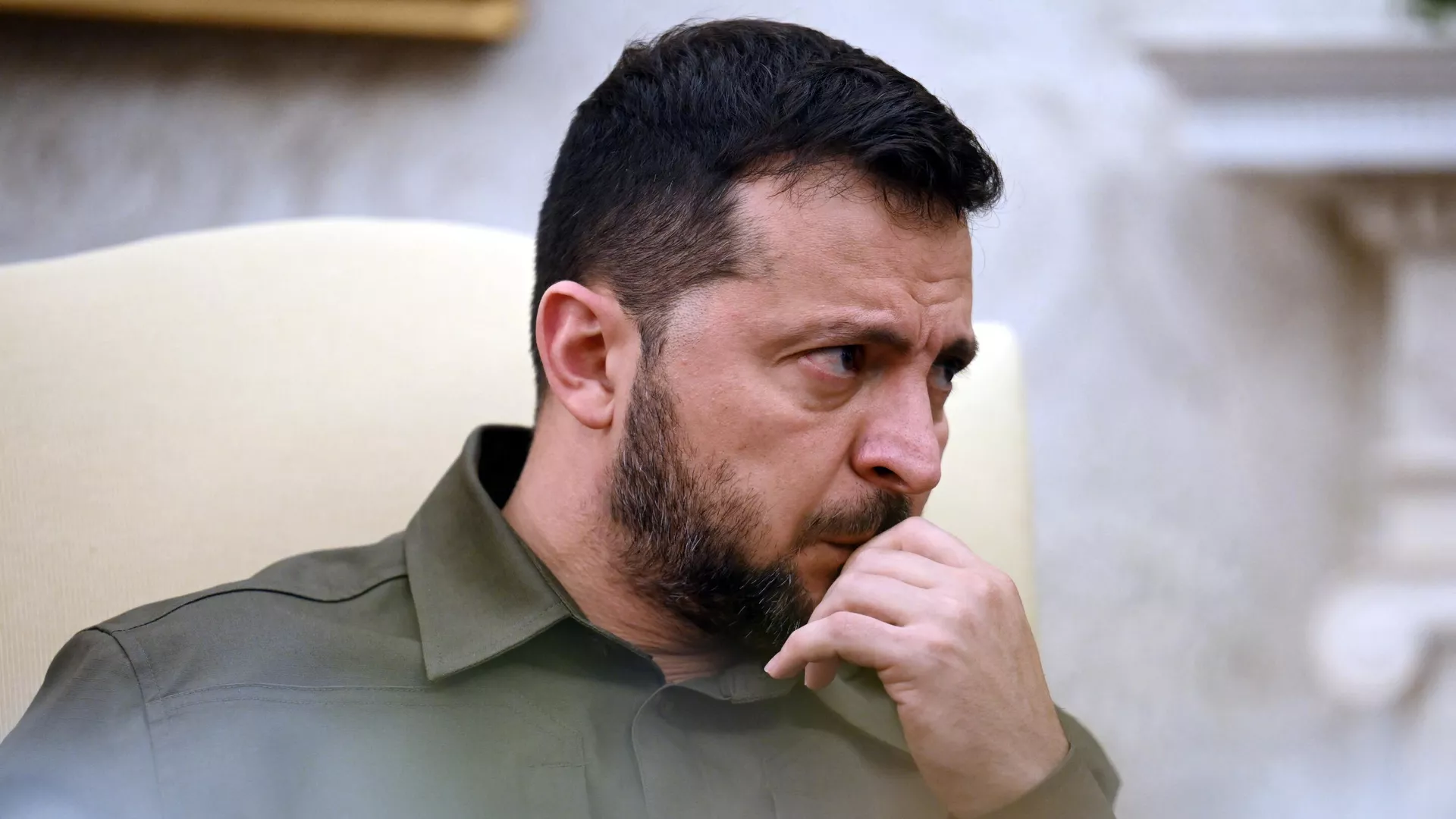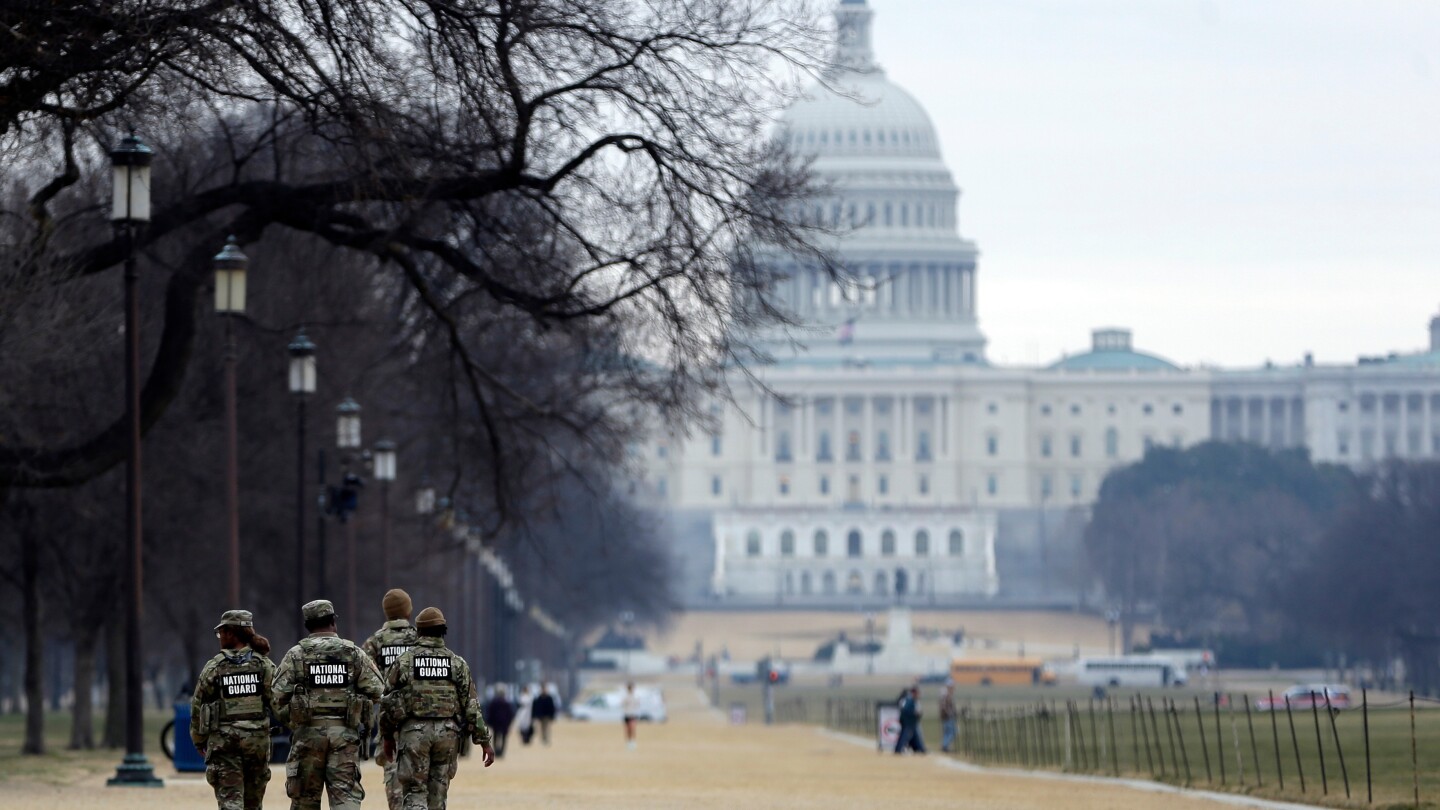The US may run out of money to support Ukraine “in a few weeks,” National Security Council spokesperson John Kirby has warned. However, it’s not the potential government shutdown that could shrink the Ukrainian aid, former Pentagon analyst Karen Kwiatkowski has told Sputnik.
The Biden administration wants the US Congress to pass a $24 billion package for Ukraine along with other spending initiatives as soon as possible. Washington has already committed over $110 billion in Ukraine assistance to date.
While House Republicans appear skeptical about further financial and military assistance to the Kiev regime, which has failed to succeed with its summer counteroffensive, House Speaker Kevin McCarthy proposed to pass a stopgap measure to avoid a looming government shutdown. September 30 is the deadline. GOP lawmakers have signaled that they won’t include any funds for Ukraine in their stopgap bill.
On September 22, Ukrainian President Volodymyr Zelensky visited Capitol Hill to lobby for a hefty multi-billion package. Even though McCarthy (unlike his predecessor Nancy Pelosi) did not provide the Ukrainian president with an opportunity to address the House, he held a conversThe day after the meeting with Zelensky, McCarthy told reporters in the Capitol that he had decided to keep the $300 million in Ukraine aid in the Pentagon funding bill, adding that another spending measure set for the State Department and foreign operations would also include money for Kiev. The development is by no means surprising, according to retired US Air Force Lt. Col. Karen Kwiatkowski, a former analyst for the US Department of Defense.ation with Zelensky.
The day after the meeting with Zelensky, McCarthy told reporters in the Capitol that he had decided to keep the $300 million in Ukraine aid in the Pentagon funding bill, adding that another spending measure set for the State Department and foreign operations would also include money for Kiev. The development is by no means surprising, according to retired US Air Force Lt. Col. Karen Kwiatkowski, a former analyst for the US Department of Defense.
When it comes to the larger $24 billion package, the former Pentagon analyst has a sense that “if serious negotiations are forced on Speaker Kevin McCarthy, they will find a way to reduce this amount, or to separate this aid out for separate and subsequent Congressional consideration.” The Biden administration has publicly promised this aid to Ukraine, but they do not control the appropriations – the House does, she emphasized.
For example, in late June, the Pentagon said that it had overestimated the value of the arms it supplied to Kiev by $6.2 billion over the past two years. Four weeks earlier, the US Department of Defense cited an accounting error of at least $3 billion. Eventually, the “surplus” simply went back into the Pentagon’s pot allocated for Ukraine within the president’s drawdown authority (which allows providing Kiev with weapons directly, without Congressional approval).
Still, trouble is brewing for Kiev: it seems like many in Congress on both sides of the political aisle are beginning to understand the practical and political need for Kiev and Washington to end the conflict immediately, according to the former Pentagon analyst.
She suspects that “the truth about the terrific loss on the battlefield and in Ukrainian military capability in the past 18 months is getting to the various committees in both the House and the Senate.”
In August, a majority of US respondents told pollsters they oppose more aid for Ukraine. In September, another survey indicated that 41% now say the United States is doing too much to support Ukraine, up from 33% in February and 14% in April 2022. Remarkably, even Democratic voters now appear to hold this stance, despite previously being staunch supporters of more US spending on Ukraine.
Meanwhile, the Asia-Pacific topic has steadily been getting hotter this year: first, the Pentagon announced about speeding up the provision of weapons to Taiwan island; then, in August, the White House signaled that it would ask Congress to fund arms for Taiwan as part of a supplemental budget request for Ukraine; in mid-September, the mainstream press reported that the US plans to redirect $85 million in military aid allocated for Egypt to Taiwan. If the pivot to Asia becomes the main focus of US lawmakers, the flow of funds to Kiev may soon start drying out.




